Despite having plenty of time to research our epic trip across Europe, there’s plenty of stuff that can still take you by surprise. Be more prepared than we were!
It’s easy to forget you’re still in Switzerland.
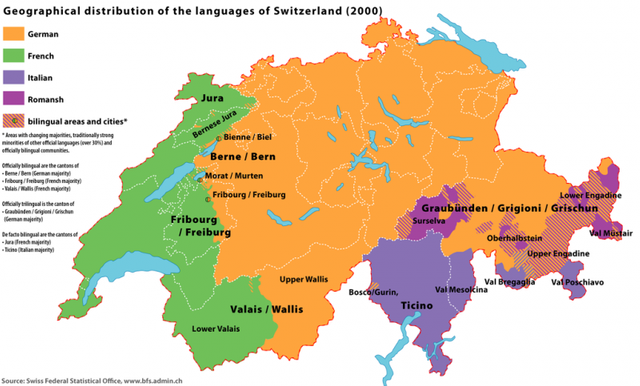
Photo credit: Wikipedia
With the country primarily divided into French and German portions, it’s only when you look down at your currency that you might remember you’re still spending Swiss francs, not euros. To be sure, the affluence is easy to spot most anywhere in the country, and the occasional Swiss flag is a constant reminder.
It’s expensive!
Even compared to the rest of Europe, Switzerland stands in a class of its own — and that’s not always a good thing. I’ve recently written about ways to save money in Switzerland, so head to that article for more on how to save some coin while in Switzerland.
Speaking of coin…
The biggest coin Switzerland makes is a 5 Swiss franc coin. It’s physically a large coin (just over 3.1cm in diameter), and as of the publishing date one of them is worth 4.56 Euro or 5.16 US dollars. Recall that currency exchanges rarely take coins, and a pocketful of change will more than likely be enough to pay for a drink or meal at the airport or train station before heading on.
Stores close early
Grocery stores are completely closed on Sundays, and usually close by 5pm or 6pm on Saturday. Why? Because, reasons! The only grocery stores we found open later than that were at the train station – also the place where plenty of locals were seen purchasing their food and drink after hours.
Bring or buy a Swiss adapter.
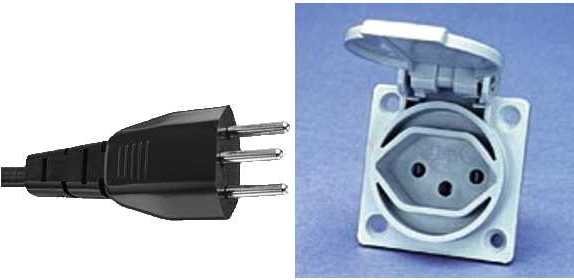
Plugs are a non-standard, Swiss-only style, and are sometimes called a ‘Type J’. The pins are a bit thinner than the standard two-prong European plugs in some hotel rooms, so plugs that worked fine elsewhere in Europe may not fit in Swiss outlets. You’ll see the adapters for sale in enough places, so there’s less need to pick one up at the airport or train stations. One great universal adapter looks something like this:

Note that the prongs will change, but that arrangement of holes is pretty common across the world.
Asian import stores are cheaper.
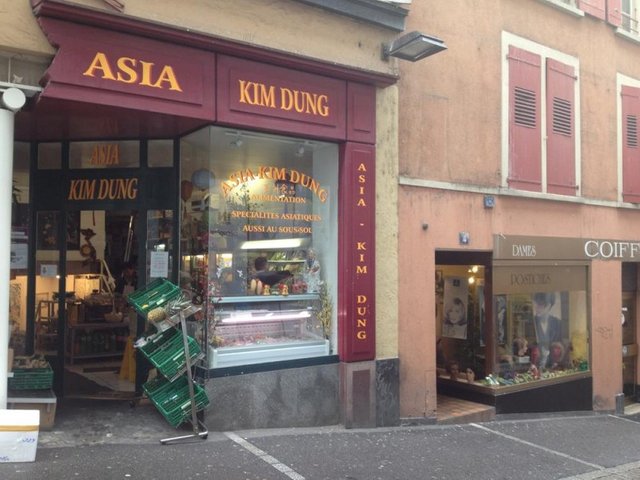
This is a ‘relative’ type of cheapness, mind you, and some grocery stores have some cheap sections that you can keep costs down. That said, the prices offer a reminder of how cheaply something can be made and shipped across the world.
Plenty of water fountains across the cities
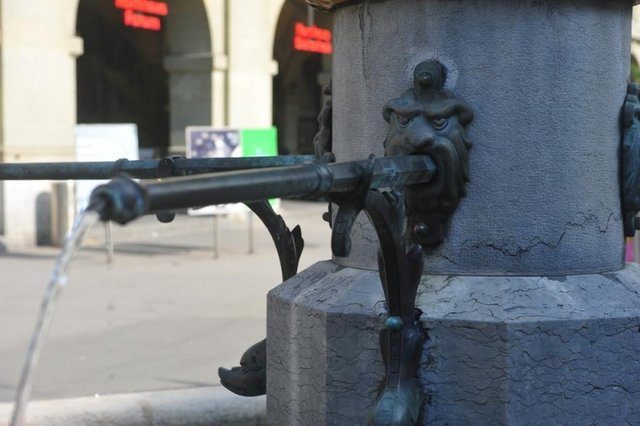
Who likes paying 2-3 CHF for a bottle of water? Not this guy. These fountains are clean, full of potable water, and they’re easy to find across the major cities.
Photos don’t really do it justice.
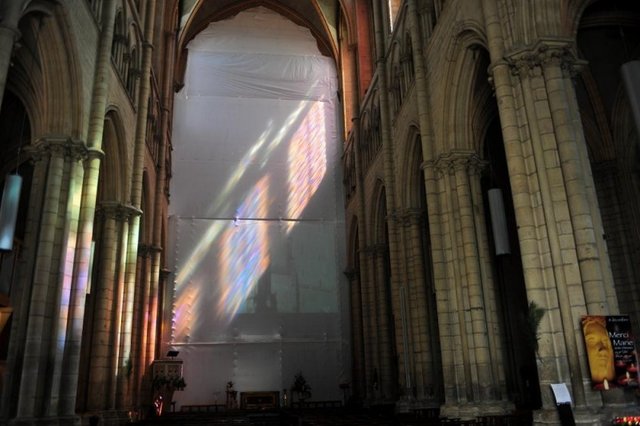
Switzerland remains one of the most beautiful countries I’ve visited – and no, they’re not paying me to say that. (I did receive some support from the Bern Tourism Organization, but all opinions are my own and not vetted by them.) The skies were blue and the weather was amazing — and you’d better believe I’ll be back.
Where to stay in Switzerland? Europe Up Close has some great answers.
Like this post? Like the Facebook page!
Hi! I am a robot. I just upvoted you! I found similar content that readers might be interested in:
https://www.oneweirdglobe.com/7-things-i-wish-i-knew-about-switzerland-before-going/
Downvoting a post can decrease pending rewards and make it less visible. Common reasons:
Submit